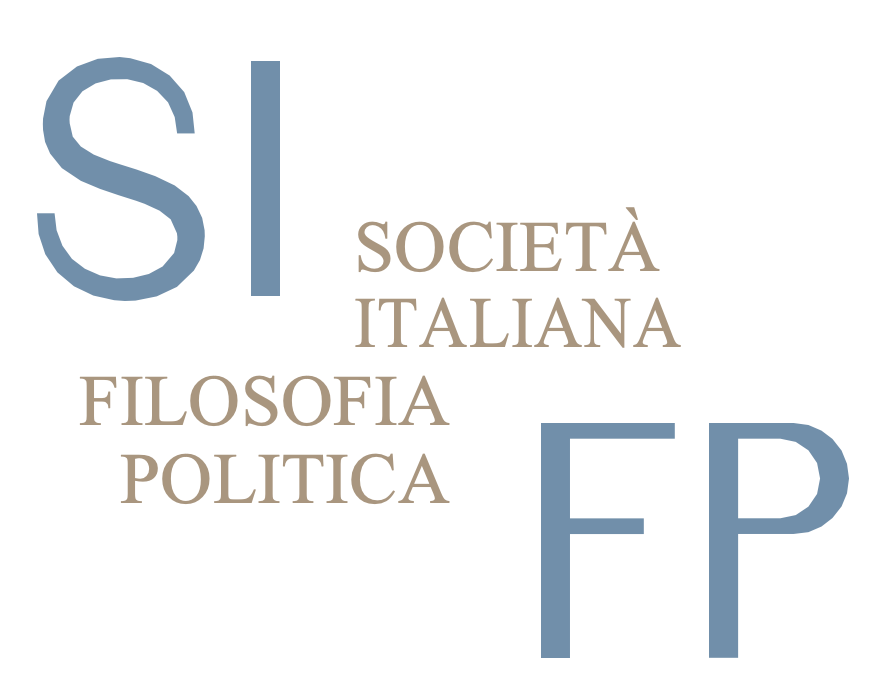Passive Corruption: How Institutions Corrupt People
DOI:
https://doi.org/10.36253/rifp-2275Keywords:
corruption, accountability, role-morality, public service, virtue-ethicsAbstract
This paper questions the claim, advanced persuasively by Emanuela Ceva and Maria Paola Ferretti, that political corruption should primarily be understood as a “deficit of office accountability.” On the one hand, it identifies some ambiguities internal to their theory; these suggest that it underestimates the role of self-serving motives in corruption and overemphasizes the perversion of institutional mandates. On the other hand, it describes a form of “passive corruption” that their theory cannot easily accommodate. Passive corruption, I argue, consists in an excess, rather than a deficit, of “office accountability” and typically arises when different institutions come into conflict with each other.
Downloads
Downloads
Published
How to Cite
Issue
Section
License
Copyright (c) 2023 Colin Bird

This work is licensed under a Creative Commons Attribution 4.0 International License.







